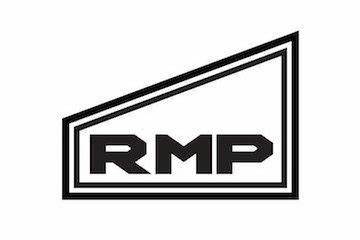What is a Registered Medical Practitioner (RMP)?
A Registered Medical Practitioner (RMP) is a qualified healthcare professional who is officially registered with a medical council or a licensing authority in a specific region or country. This registration indicates that the individual has met the necessary educational and professional standards required to practice medicine legally.
Qualifications and Requirements:
To become an RMP, a person must complete a recognized medical degree, such as a Bachelor of Medicine, Bachelor of Surgery (MBBS) or equivalent, from an accredited institution. After completing their education, the individual must register with a medical council or board in their region (e.g., Medical Council of India (MCI), State Medical Councils).
The registration ensures that the doctor has completed the required medical training, possesses the necessary skills, and follows ethical standards of practice. It also allows the individual to prescribe medication, diagnose illnesses, and provide medical treatments to patients.
Role and Responsibilities:
-
Diagnosis and Treatment: An RMP is responsible for diagnosing medical conditions and offering appropriate treatment to patients.
-
Prescription: Only registered medical practitioners can prescribe medications and issue medical certificates.
-
Consultation and Care: RMPs provide consultations for both minor and serious health issues, offering advice, treatment plans, and follow-ups.
-
Medical Records: They maintain proper medical records of their patients for both legal and healthcare purposes.
Types of RMPs:
-
Allopathic Doctors (MBBS): Doctors who practice modern, science-based medicine.
-
Ayurvedic Practitioners (BAMS): Doctors trained in traditional Indian medicine, focused on natural healing.
-
Homeopathic Doctors (BHMS): Practitioners who specialize in homeopathy, a system of medicine based on natural substances.
-
Unani Doctors (BUMS): Practitioners specializing in the Unani system of medicine, which is based on Greek and Islamic medical traditions.
Legal and Ethical Considerations:
Being an RMP involves adhering to both the legal requirements set by medical boards and the ethical standards of medical practice. This includes ensuring patient confidentiality, practicing within their scope of expertise, and keeping up with medical advancements to offer the best possible care.
In some regions, RMPs may also be required to undergo continuing medical education (CME) to keep their registration valid.
Summary:
A Registered Medical Practitioner is a healthcare professional who has completed medical education, passed necessary exams, and registered with a governing medical authority, enabling them to practice legally. They play a key role in providing diagnosis, treatment, and prescriptions, while ensuring patient safety and adhering to professional ethics.
